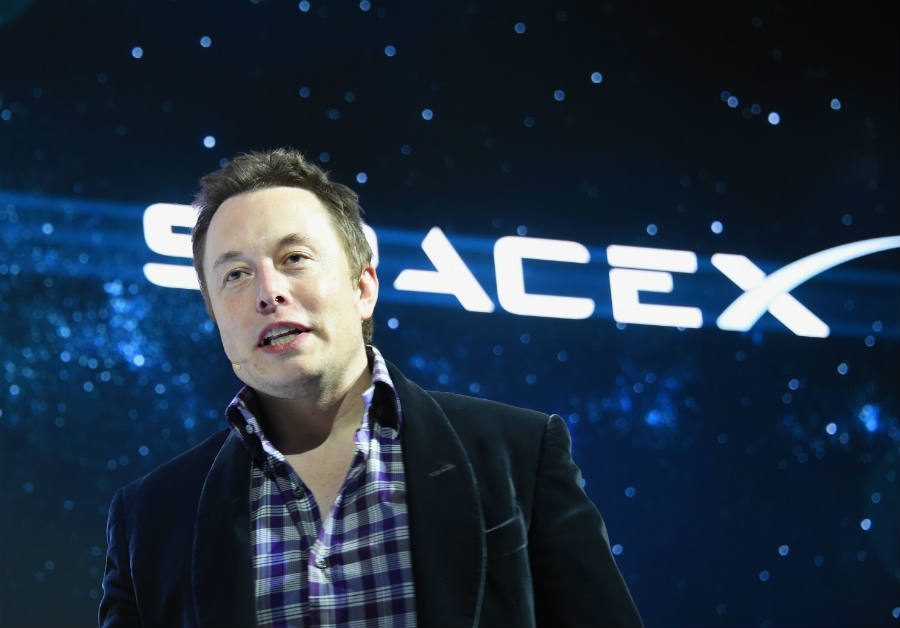What is the International Astronautical Congress?
Tomorrow, September 27, Elon Musk will unveil SpaceX’s plans to colonize Mars at the 67th International Astronautical Congress (IAC). The SpaceX founder, CEO, and CTO will do so during a special keynote entitled “Making Humans a Multiplanetary Species.”
On the second day of the IAC 2016, held in Guadalajara, Mexico, from 26 to 30 September, Musk will discuss the long-term technical goals to support human colonization on the Red Planet as well as the required architectures to achieve it. Industry, government, and the scientific community can cooperate to build them.
Every year since 1950, the International Astronautical Federation (IAF), together with International Academy of Astronautics (IAA) and the International Institute of Space Law (IISL), holds the IAC.
The world’s premier global space event hosts technical sessions, plenary and social programs, and exhibitions. It brings together scientists, researchers, engineers, agencies, industries, policy-makers, astronauts, press members, and the general public.
Elon Musk says Mars is only the first step
Elon Musk will address the progress on SpaceX’s Interplanetary Transport System (ITS). Formerly called the Mars Colonial Transporter (MCT), the privately funded development project will be able to go beyond Mars. The Red Planet will only be its first destination.
SpaceX is currently designing and building the spaceflight system of reusable rocket engines, launch vehicles, and space capsules. The ITS will transport humans to Mars and return to Earth. Colonization is next as well as flights to other planets.
The aerospace company is also developing a new super-heavy lift launch vehicle to succeed the Falcon Heavy. Musk calls it the Big Falcon Rocket (BFR) and it will carry humans to Mars.
The mission planning manifest includes two previous research launches of Mars probes in 2018 and 2020 using Red Dragon and Falcon Heavy equipment before the first ITS Mars cargo flight, and the first ITS Mars flight with passengers would launch in 2024, both featuring the BFR.
SpaceX test-fires Raptor engine ahead of IAC
Back in August, SpaceX sent its first full-scale Raptor rocket engine to the McGregor rocket engine test facility in Texas for development testing. Musk tweeted two pictures of the Raptor’s first firing test on September 26.
According to Musk, the Raptor is thrice as powerful as the Falcon Heavy engine and on par with NASA’s Space Shuttle engine, reportedly producing 500,000 pounds of thrust at liftoff. The Raptor is the first member of a family of cryogenic methane-fueled rocket engines under development by SpaceX.
The Raptor engine can power spacecraft that are 100 times the size of an SUV and carry up to 100 tons of cargo, so it is the perfect match for the upcoming BFR.



